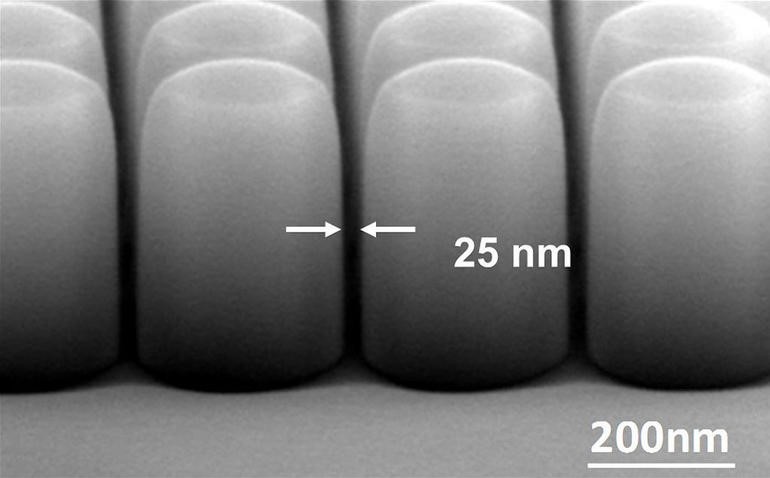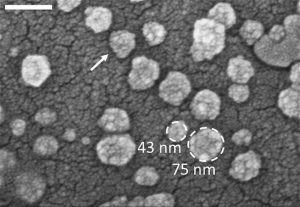IBM Lab on Chip provides early detection of cancer and other diseases

The specialists of our company have created a “lab on the chip”, which makes it possible to determine the presence of a number of diseases before the onset of symptoms of these diseases. This microsystem still exists as a working prototype, but in the future IBM will develop a single silicon chip with integrated tools for analyzing a number of diseases, including cancer. Our specialists are confident that such a chip can replace a standard biochemical laboratory.
"Lab on Chip" can filter particles up to 20 nm in diameter. This is a series of viruses, exosomes, DNA. The analysis of filtered particles allows specialists to find out about the presence of markers of certain diseases (not only cancer). At this time, the treatment of even the most complex diseases becomes the most effective. Previously, a number of methods allowed filtering particles of much larger size — for example, cancer cells.
In the near future, our specialists plan to test the effectiveness of the technique in diagnosing the most common cancer among men - prostate cancer.
')
The microsystem chip contains an asymmetric array of rods (nano-DLD), which act as a filter. Thanks to them, objects with a size of 20 nanometers are retained. The positive thing is that the rods separate the particle flows according to their size.

The chip size is 2 * 2 cm, but this, as mentioned above, is only a prototype. In the near future it is planned to further increase the density of placement of the chip components with an increase in the efficiency of the miniature laboratory. The total flow of particles is not delayed. In the near future, the authors of the project are going to expand the number of particles with which the laboratory on a chip can work.
The most important elements in terms of diagnosis are exosomes. The problem with modern analysis systems is that exosomes are too small to study. And the IBM chip can filter particles from 20 nm in size, which exactly coincides with the lower limit of the size of exosomes. These elements provide information about the cell from which they were extracted. They store information about the cell, which allows to know the presence and degree of development of a number of diseases. Thus, exosomes act as cancer biomarkers.
 Gustavo Stolovitsky, a participant in the “lab-on-a-chip” project, argues that such methods can not only help to diagnose cancer early, but also understand the nature of diseases such as viral infections. This is Zika virus, flu and many other diseases. At the same time, diagnostic methods based on the chip can be non-invasive, they can be used even at home.
Gustavo Stolovitsky, a participant in the “lab-on-a-chip” project, argues that such methods can not only help to diagnose cancer early, but also understand the nature of diseases such as viral infections. This is Zika virus, flu and many other diseases. At the same time, diagnostic methods based on the chip can be non-invasive, they can be used even at home.Experts note that if the disease was detected at an early stage, in most cases the disease can be managed (of course, it all depends on the type of disease). And the “lab on a chip” from IBM may well become one of the most effective methods for early diagnosis of diseases. The ability to isolate exosomes allows their use as biomarkers. This method helps not only to identify the disease, but also to understand which method is better to choose for treatment.
Source: https://habr.com/ru/post/397141/
All Articles